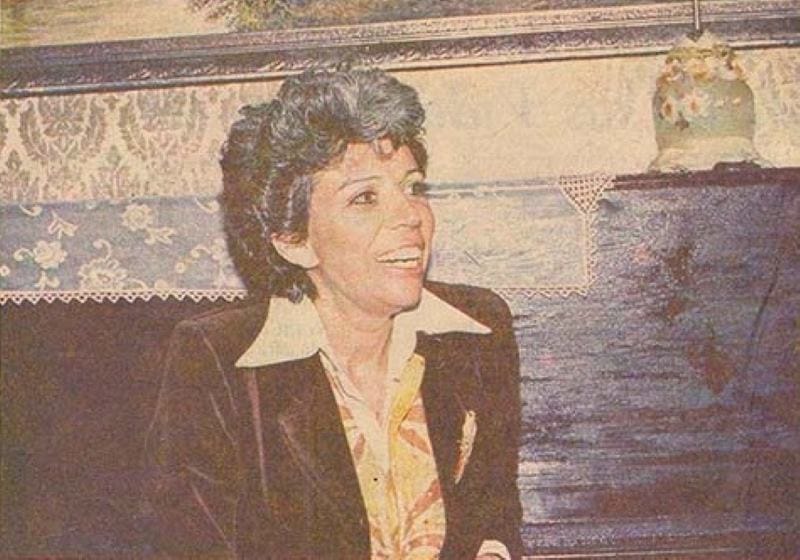How Nancy Cárdenas Pioneered LGBTQ+ Rights in Mexico
Nancy Cárdenas: A dynamo in Mexican arts and activism. From provocative theater challenging censorship to pioneering LGBT and feminist advocacy, her legacy as a multifaceted artist and social trailblazer deserves perpetual recognition.

Like the smile that characterized her and with which she appears in numerous photographic records, Nancy Cárdenas' work in the cultural and political life of Mexico was formidable: not only was she an actress, but she also worked as a playwright, director of theater, critic, writer, screenwriter, poet, speaker and activist.
She dedicated a significant amount of energy to this last aspect of her life, since her passion as a creator and her profound interest in social justice ran parallel throughout her professional career. This inseparable combination of her quality as an artist is one of the reasons why Cárdenas herself came to describe herself as a “guerrilla disguised as an artist,” as recorded in a 1981 interview:




